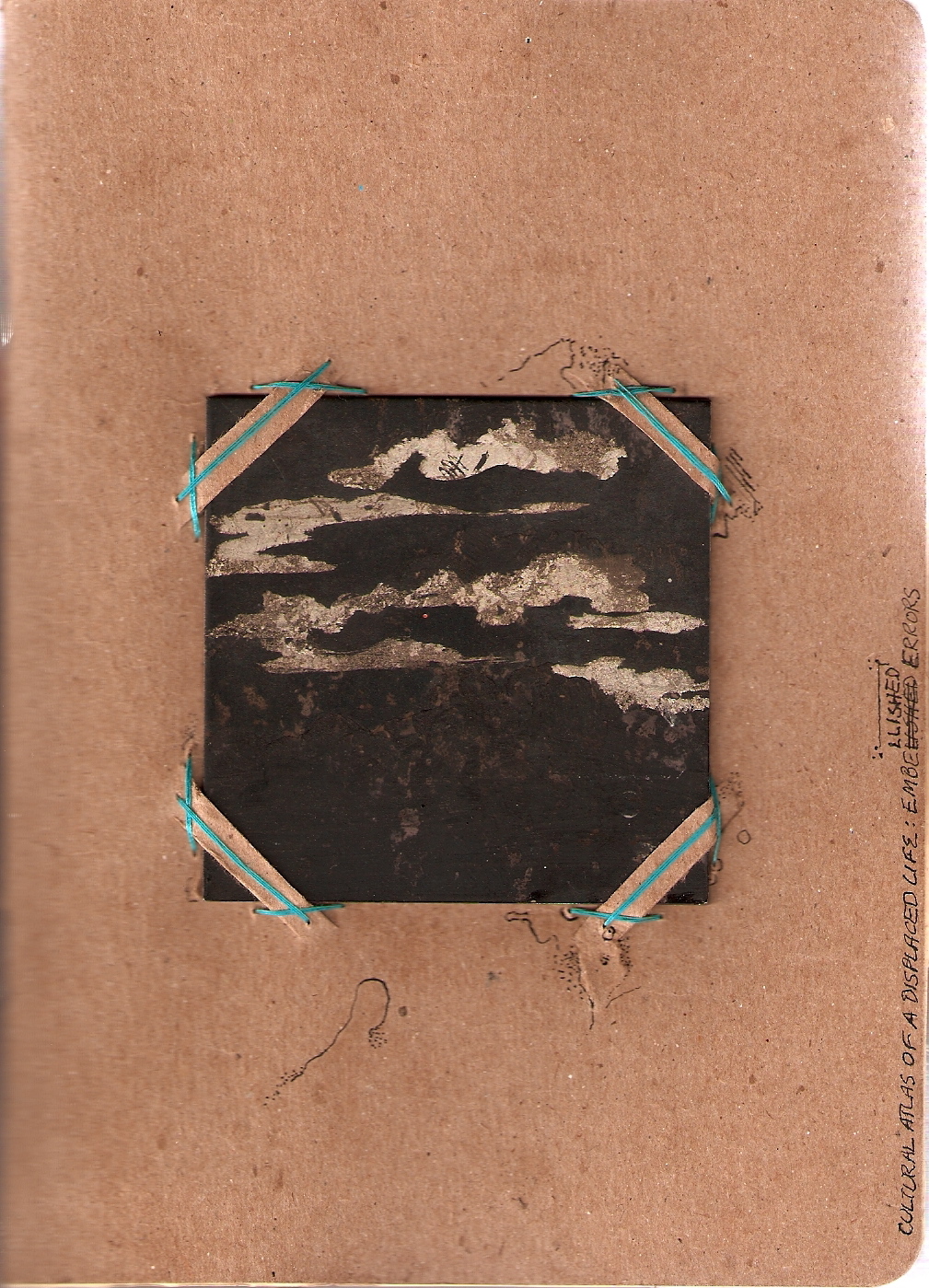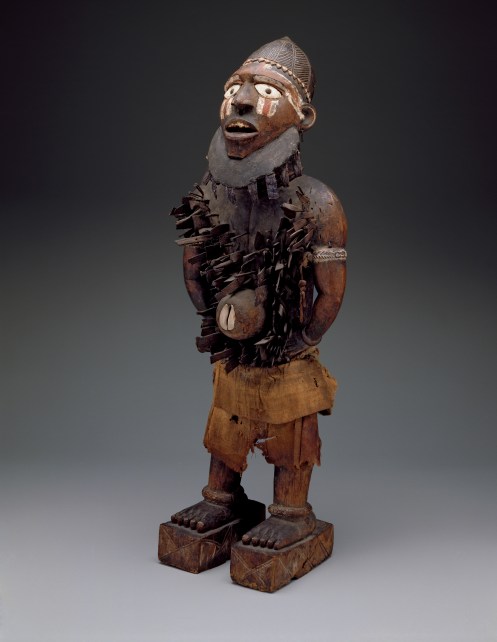For M’baye Diagne*
There are so few heroes in a war zone
Especially in a struggle no one wants to name
Military action, civil skirmish, rebel uprising, genocide, not my problem –
Whatever its name or non-name,
Hard to be a hero
In a place where each exhalation is occupied with the business
Of measuring itself, calculating how much fear is safe to expel and
Each inhalation a well-timed sniff, testing what stench is floating about.
In these times where one must breathe like a snake flicks his tongue to taste the air,
One hundred times a minute, because things can change
It is not easy to be a hero
Those who knew him
This Senegalese cowboy
describe three things:
His stride, his smile, his cigarettes
Always one step ahead, moving forward
His beacon grin
Incandescent in the night,
casting light on your face, and his;
Glowing
As if he’d swallowed the moon
Anything was possible with the power of the stars, the force of the heavens
Beaming from his gut.
He walked with purpose
Lassoing all in his orbit
With that toothy smile
He drew up the slack and pulled in close
Making friends with his moonman laugh
Alien amidst screams, wails, the chop of the machete
To offer you something –
Strength, courage, confidence
A joke, a smoke, a sandwich
A fingernail of time, just long enough
To hang on or let go
The space to decide
He did what he did
Again and again
Crossing terrain from which it’s best to flee.
Laughing with men who didn’t try to hide
Blood spots on their white shirts;
Rotting flesh on the soles of their shoes.
Never allowing even the smallest scent of fear
No fragile tendril of disgust
To waft from between the spaces in his teeth.
No, he laughed, while under the back seat of his Jeep huddled
Bony shoulders clacking on floorboards
Three children stifle their cries
Wishing it was yesterday
When there was still a guarantee of tomorrow
And that was how he did it
No guns, no soldiers, no strategies
Playing the stars, playing the numbers
Three children here, five people there
Twenty-two checkpoints in twenty-four hours
One hundred days, a thousand hills to the Mille Collines,
800,000 corpses and then we stopped counting while
He did what he did
Again and again
One hero, impossible
The man on the moon
Or the moon in a man
His courage light years away from our trepidation
Our feigned ignorance
Our refusal to act
Good bye, M’baye
Peace unto you that persevered in patience!
May you dwell in the Gardens of Perpetual Bliss
Promised in your Qu’ran
Breathing ginger and jasmine
Instead of blood-metal and corpse
Tasting fruits with no thorns
Instead of fear bile and smoke
I wonder- will your heaven be flat, like Senegal-
You can see what is coming for miles-
Or dense, lush, like the forests of Rwanda
Hiding what is always just beyond
The next moonlit mountain
Another chance – there’s always another chance
To be a hero
• M’baye Diagne (1958-1994) was a Senegalese military officer and a United Nations military observer during the 1994 Rwandan Genocide. He is credited with saving many lives during his time in Rwanda through nearly continuous rescue missions at great peril to himself. There is an excellent documentary Ghosts of Rwanda, and a BBC News article, “A Good Man in Rwanda” that might be of interest to the reader.
copyright 2016 Adina Richman, all rights reserved
To find more poems by Adina Richman on this blog, click HERE.




